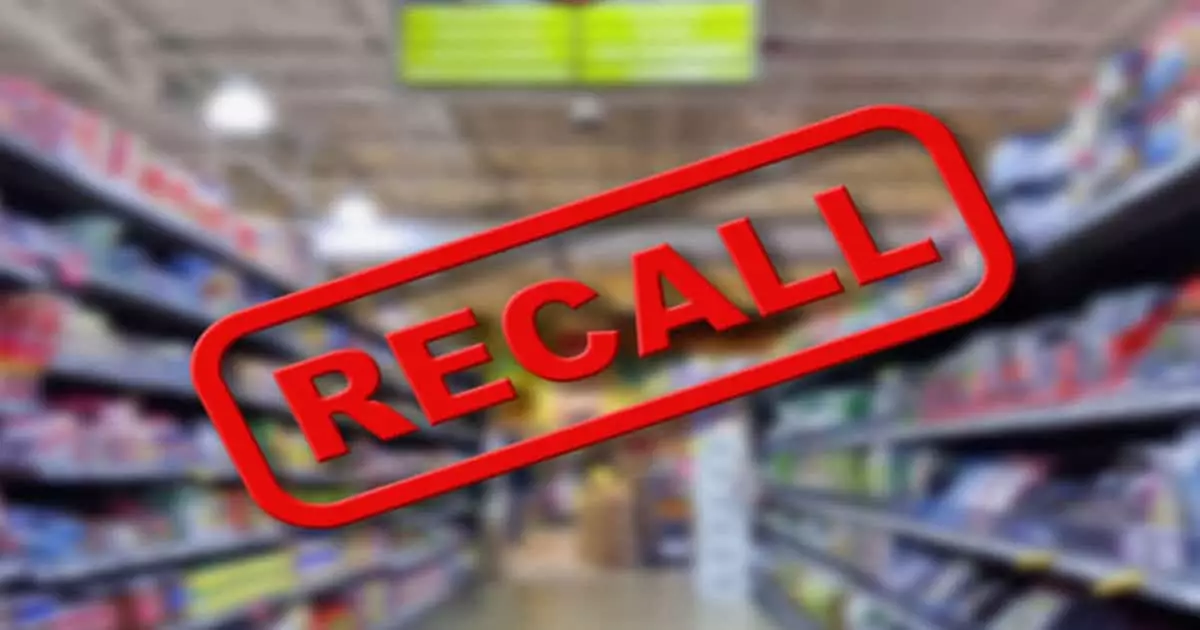Pet food recalls are critical events that highlight the ongoing concern regarding animal health and food safety. When a company announces that their product is being pulled from the market, it raises alarms not only for pet owners but also for health authorities. The Food and Drug Administration (FDA) plays a pivotal role in ensuring public awareness by posting information about such recalls as a public service, ensuring that consumers are informed about potential dangers lurking in pet food products. The most recent case from Blue Ridge Beef serves as a stark reminder of the seriousness of contamination issues in pet food.
Recent Recall Case: Blue Ridge Beef
On January 3, 2025, Blue Ridge Beef announced a recall of approximately 1,350 pounds of their Kitten Mix due to a contamination with Salmonella. Salmonella is a bacteria known to cause severe gastrointestinal issues in both animals and humans. The potential risk extends beyond pets and poses a significant health threat to the humans who handle contaminated products. In this instance, the recalled product was distributed across various states, including Virginia, Maryland, Pennsylvania, Connecticut, Massachusetts, and New York, raising the specter of widespread exposure.
The recall was prompted by a reported case of animal illness, which led to testing by state public health authorities. The discovery of Salmonella in a sampled product, gathered on December 12, 2024, resulted in immediate action to prevent further contamination and safeguard public health.
Salmonella infections can manifest in a variety of symptoms, ranging from mild gastrointestinal distress to more severe and life-threatening conditions. Healthy individuals might experience nausea, vomiting, diarrhea—potentially bloody—abdominal cramps, and fever. However, the implications are more severe for vulnerable populations, including infants, the elderly, and those with weakened immune systems.
In pets, the symptoms manifest similarly. Infected animals might show lethargy, fever, vomiting, and diarrhea. Notably, even seemingly healthy pets can harbor the infection and spread it, making monitoring and preventive actions essential for pet owners. If an animal shows any symptoms after consuming the recalled product, pet owners should be vigilant in consulting their veterinarians for immediate care.
The recall announcement emphasizes the crucial steps that consumers should adopt to mitigate health risks associated with contaminated pet food products. First and foremost, any purchased product from the affected lot should be returned to the point of purchase or discarded safely outside of reach of children, pets, and wildlife.
Additionally, it is vital to maintain hygiene by washing and sanitizing pet food bowls, storage containers, and hands after any interactions with the product. This practice helps to prevent the spread of harmful bacteria and can be the difference between safety and serious health issues.
Furthermore, pet owners are urged to follow the FDA’s guidelines and remain vigilant after the recall announcement. Reporting any adverse health symptoms in pets or even themselves to healthcare providers ensures that the situation is monitored, potentially preventing further cases linked to the contaminating product.
The incident involving Blue Ridge Beef’s Kitten Mix is a stark reminder of the fragile nature of food safety. Pet owners must stay informed about recalls and be proactive in preventing exposure to potentially hazardous products. The FDA’s role is critical in disseminating information, but ultimately, consumer vigilance, coupled with swift action following a recall, is essential in protecting both animal and human health. By taking responsible measures, we can significantly reduce the risks associated with pet food contamination and foster a safer environment for our beloved pets.

